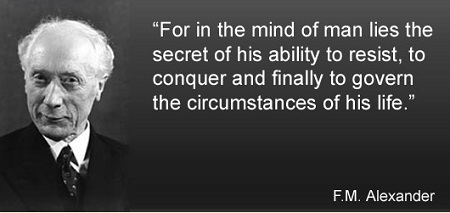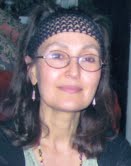
Make it Your Own: Teaching Alexander Technique
Selma Gokcen
The Alexander Technique has its own process of training to become a teacher of the work. Much like cellists, we take lessons from established teachers, we attend school daily and we begin from the beginning, with lots of preconceptions which are called habits. Our teachers constantly bring our attention to them, rebalancing and releasing negative patterns of use, mostly through their hands, sometimes through words, and often both.
As the inner fog lifts and our sensory awareness improves, we begin to be able to “put hands on” others and transmit what we have received. It’s so tenuous at the start and requires years of experience to be able to distinguish fine differences in the flow of energy up and down the spine, the various tension patterns and of course, the hardest—hidden patterns of thought. We even learn to detect the sparks of intention which can create too much tension in the body…that first thought of lifting the bow, making a shift, that moment of preparation. We are told it takes a lifetime of “working on ourselves” to earn the hands which can express the silence within movement. The best teachers, much like the best musicians, never stop learning.
Patrick Macdonald—whom I dubbed the Heifetz of the Alexander Technique—said to my young teacher shortly before he passed away, “It’s time for you to go away and make the work your own.” I have never forgotten what a world those words opened for me.
Once we are trained, we make and remake many of those discoveries that our teachers tried to show us, but now without an intermediary. We have to struggle to understand the daily work in front of us directly through our own partial understanding and weaknesses, without relying on frequent support. Our failures become our teachers. And through that struggle we deepen our skills in a manner unique to those experiments in learning. No one else has those experiences. They shape our teaching and fashion our souls.
In essence Mr. Macdonald was saying: “Go away, cook your own stew, don’t eat mine.” It takes courage, it takes a sense of adventure, and most of all it makes the work interesting. Why repeat only what you learned in the past when by taking a chance you might see a new way forward?
Subjects: Playing Healthy
Tags: Alexander Technique, body, cellobello, CelloBlog, health, performance, Selma Gokcen

